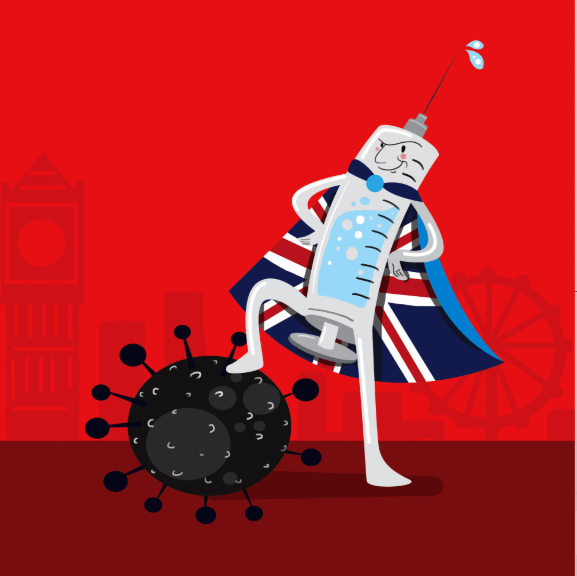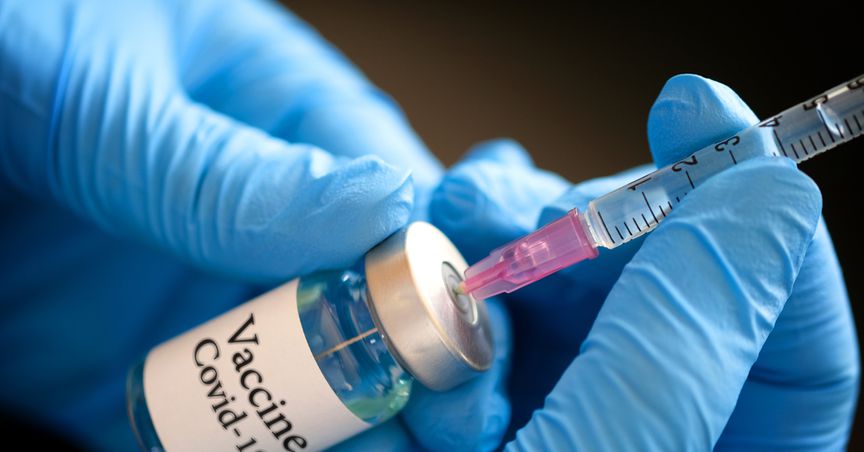Summary
- The nation is ready for the historic moment of its coronavirus vaccination drive
- First doses of Pfizer/BioNTech Covid-19 vaccine to be rolled out tomorrow
- Refrigerated containers of the doses have arrived from Belgium
Footage posted by the National Health Service has shown that vaccine boxes are being stored safely in special fridges at the Croydon University Hospital in south London. UK would be the first country to roll out the Covid-19 vaccine this week, which has been jointly prepared by the American pharma major Pfizer and Germany’s drugmaker BioNTech. Louise Coghlan, joint chief pharmacist, Croydon health service termed it as a momentous occasion. He felt proud that Britain was one of the first countries to be receiving the vaccine and starting its vaccination program.
The US plans to start its inoculation drive later this month.
In the UK, the initial set of doses have come from Belgium and are being stored properly at secure locations for complete quality checks. The first week is likely to see the delivery of close to 0.8 million doses.
Last week, the nation provided a fast-track emergency use approval for the Pfizer-BioNTech vaccine. The vaccine had shown 95 per cent efficacy in its clinical trial results. Within a day, Britain will be starting with its most important mass vaccination program ever.
The first doses will be administered on December 8. Priority would be given to vaccinating the senior citizens aged 80 and above, along with frontline healthcare staff, and care home residents and employees.
Britain has ordered for 40 million doses of the vaccine. Each person would need two doses, with a booster dose required after 21 days. So, these doses would inoculate close to one third of the country’s population.

The Pfizer-BioNTech vaccine requires being stored at a very cold temperature of minus 70 degrees Celsius. At the same time, it can stablise at normal refrigerator temperature for a few days ranging between minus two to minus 8 degree Celsius for a couple of days, implying that its local storage is possible.
It would need few hours to get defrosted when it would be completely ready to be given in a shot.
Delays due to Brexit?
The vaccine rollout is coinciding with the end of Brexit transition period that falls on December 31 this year. In the post Brexit scenario, there could be delays due to cross-border trade disruptions between the UK and EU member nations, especially in case of a no-deal.
But the government is well-prepared to deal with any such emergency, according to media reports. It already has a contingency plan to fly the vaccine doses by military aircrafts into the country if the need arises.
George Eustice, farming and environment minister informed that a lot of work has gone into maintaining the flow of goods at the border in case of a no-deal Brexit. We have plans in place to use air freight or a government ferry as part of our contingency program.
Earlier on Saturday, Russia had started its inoculation drive by administering the doses of Russia-made Sputnik V vaccine to its doctors and teachers. The vaccine was tested on a few dozen people in the nation and had got an approval this summer.





